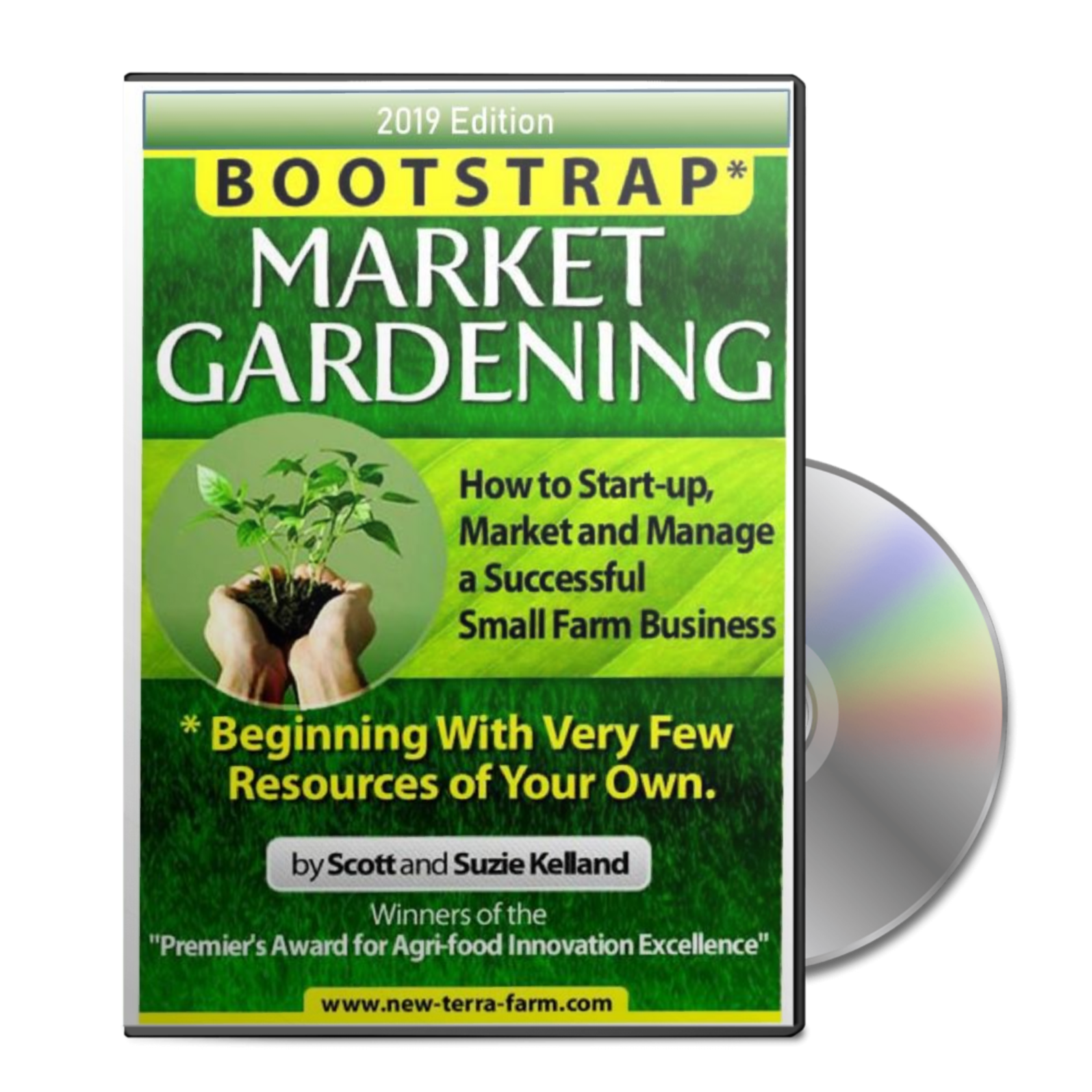Eating Oil - What Happens When The Buffet Runs Out?
You may wonder at my title 'Eating Oil'; the reality is the whole world eats petrochemicals, and at an increasing rate. Let me explain that statement, and also what may happen when the availability of cheap oil is curtailed.
Here's a few facts to back up my statement that we are all eating oil:
- In the U.S., the average food item travels 1,500 miles from field to fork; in Canada the figure is about 2,500 kilometers. This represents the consumption more than 900 gallons/4000 litres of fuel each year, for a family of 4. In other words, you are drinking nearly as much gas as your car!
- Oil is essential to run tractors and other farm equipment e.g combines
- 38% of the petrochemicals used on conventional farms is for fertilizer.
- Our modern food supply depends on just-in-time delivery, in refrigerated trucks, of the foods that stock our supermarkets. All heavily oil-dependent. And all the food packaging, plastic, cellophane, boxes, etc are themselves dependent on oil-based industry, and oil-based ingredients.
We eat oil, and the line-up at the buffet is getting longer. Population continues to grow, and therefore so does demand on this system.
But don't we have lots of oil left?
Oil production continues; but production is expected to peak soon, if it hasn't already (this is only determinable in hindsight). So increasing demand, coupled with a finite supply, inevitably leads to shortages.
Cheap oil makes possible our current systems of food production, transportation and heating. Which of these would you like to do without?
Understand that there can be lots of oil remaining, but if the ability to produce it can't keep up with demand, there will be an energy crisis.
And since the world-wide economy is dependent on ever-increasing growth, there will be vast economic impact as well.
Let's focus on food, since that's what I'm most concerned about as a small farmer. Many conventional farms already operate on the thin edge of survival economically; if their costs of production increase dramatically, then at the very least food costs will soar. And the cost of transporting and storing that food will also rise.
This assumes of course that our leaders are smart enough to prioritize the dwindling oil supply for food production. But in the end, no matter how you prioritize, the system is unsustainable.
The current model requires hundreds of calories of petrochemical energy to produce and transport a single calorie of food energy; this model is broke, in every sense of the word.
So what can we do?
Local, organic food requires the consumption of vastly less petrochemicals. If you can't be a small farmer, support one at your local farm market or CSA. Read food labels to see where your food is coming from. And, by the way, if your organic apple came here on Air Canada, that is not much better than just buying the conventional kind, in terms of impact on the environment.
Better yet, dig up some of that unsustainable monoculture you call a lawn and plant a vegetable garden. Good food, good exercise, quality family time . . . and the skills you learn doing this might be important to your survival one day.
 Now includes Garden Planner software
Now includes Garden Planner softwareBootstrap Market Gardening, my first Bootstrap Book, shows you step-by-step how to start-up, market and manage an organic market garden based on CSA principles.
New edition includes my Garden Planner spreadsheet. Get Bootstrap Market Gardening only from New Terra Farm.
Or get Bootstrap Market Gardening as part of my Complete Start Farming Pack and save 60%.
- Home Page ›
- Sustainable Organic Farming ›
- Eating Oil
Recent Articles
-
Farm training for the new or wannabe farmer
Jan 02, 26 10:38 AM
Practical farm training from award-winning New Terra Farm -
Farm grown reviews of products recommended by New Terra Farm
Dec 04, 25 06:26 AM
Find great farm and garden products in my farm grown reviews -
Best Chicken Coop and Accessories for Small Farms and Homesteads
Nov 30, 25 09:18 AM
Looking for the best chicken coop? Here are the top coops, accessories, nest boxes, and gear to build a safe, productive poultry setup.









